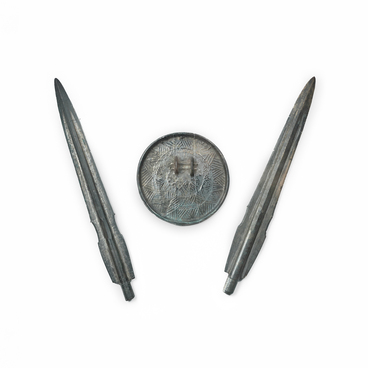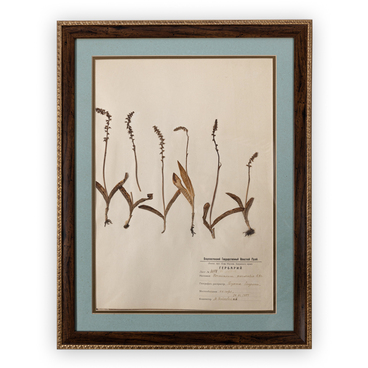The exhibition of the Vladimir Arseniev Museum of Far East History presents a unique document — the Letter of Commendation of the Priamursky Zemsky Sobor, issued to Yury Mikhailovich Yankovsky.
The remoteness of the Far East from the center of Russia and the special social composition of the population largely determined the fierce nature of the armed confrontation. Having no broad social support, various political groups repeatedly replaced each other. Various armed groups were active in Primorye, and foreign intervention led to the aggravation of the situation.
In May 1921, as a result of another military coup in Primorye, the Provisional Priamur government headed by Merkulov brothers, who were large businessmen, seized power. However, unsuccessful actions of White Army units in the Khabarovskcampaign in winter 1921–1922 provoked a political crisis. From May 31, 1922 there were two centers of power in Vladivostok. Spiridon Merkulov intended to keep his power, relying on the fleet and detachments of Ataman Semenov. People’s Assembly in struggle with the government received military support of White Guard detachments under command of generals Victorin Molchanov and Grigory Verzhbitsky. In order to prevent internal turmoil among the representatives of the White Movement, it was decided to turn to a compromise figure — General Mikhail Konstantinovich Diterikhs, who had great clout. However, Diterikhs refused to accept the post of Chairman of the Government. The fate of Primorye was to be determined by the Zemsky Sobor, which was convened to address two issues — to listen to the report of the government and to elect the supreme power. But everything was in vain, by the fall of 1922, the White Movement finally lost its authority and influence. Four months after the convocation of the Sobor, the People’s Revolutionary Army of the DVR entered Primorye. The remnants of the troops of Diterikhs and thousands of civilians were forced into exile.
One of the participants of the
Sobor was a representative of the most famous family of entrepreneurs, the
Yankovskys. Yury Mikhailovich Yankovsky was born in 1879 on the island of
Askold. He was engaged in the velvet antler industry, horse breeding,
cultivation of ginseng in his family estate in Sidimi. He wrote the book “Half
a Century of Tiger Hunting”. In 1922, he was forced to emigrate to Korea. After
the war with Japan, Yury Mikhailovich was arrested in his Novina estate by the
Ministry of Security, sentenced to 10 years and deported to Siberia. He died in
the camp in May 1956.


